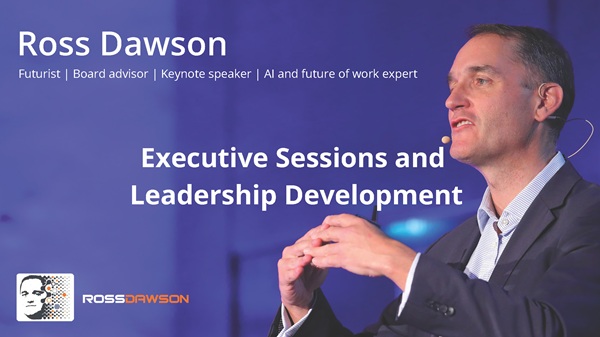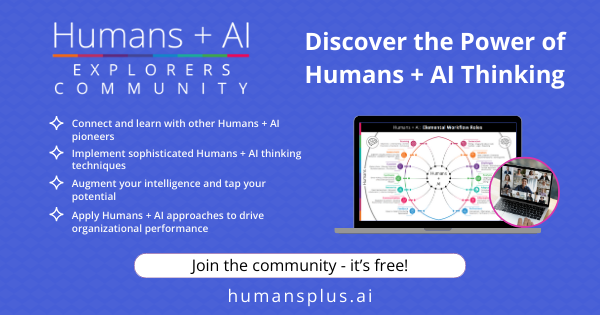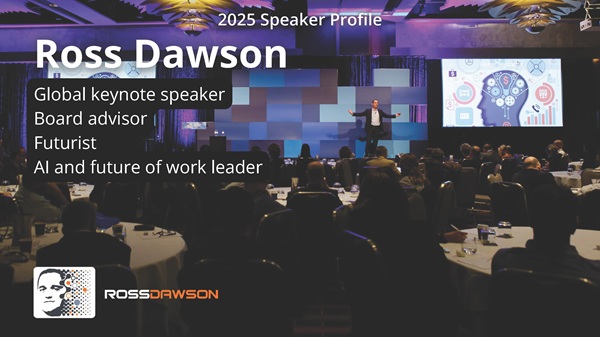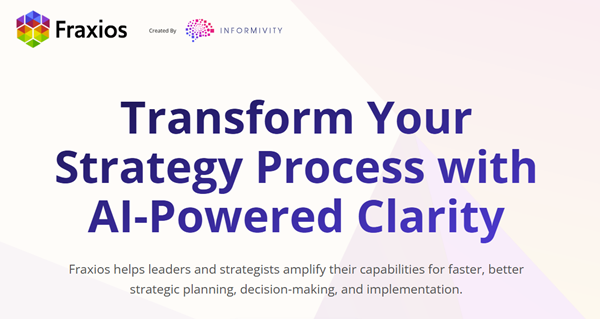There is increasing evidence of the negative cognitive impact of using AI. Yet, used well, it can dramatically enhance our cognition. The impact depends on how we engage with AI.
The spectrum goes from actively corrupting our mental models and thinking, to eroding our cognition through lack of use, to some neutral modes where AI is useful but doesn’t impact us, to a number of modes that augment us.
The critical highest level is enhanced cognition, where we are sharper and think better even after AI is taken away. That should be our focus in all AI product and interface design.
AI can function and be used at any of these. Being aware of the spectrum helps us to design and use AI better.
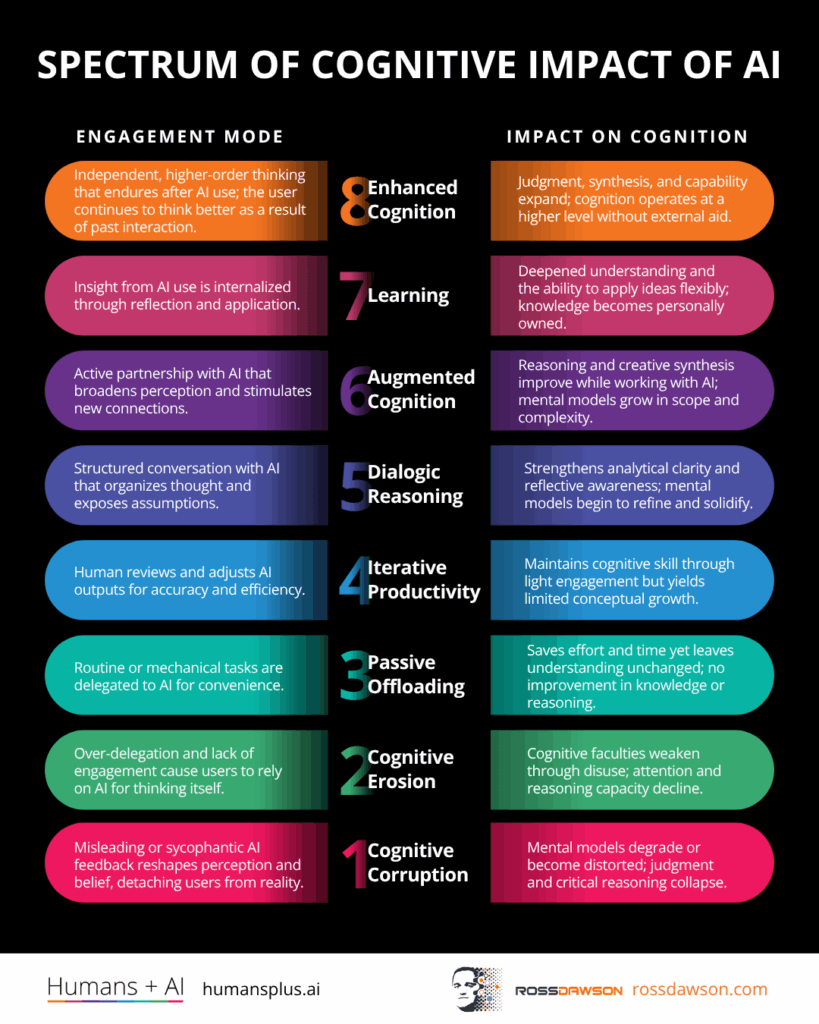
Click on the image for full size pdf
8. Enhanced Cognition
Engagement Mode
Independent, higher-order thinking that endures after AI use; the user continues to think better as a result of past interaction.
Impact on Cognition
Judgment, synthesis, and capability expand; cognition operates at a higher level without external aid.
7. Learning
Engagement Mode
Insight from AI use is internalized through reflection and application.
Impact on Cognition
Deepened understanding and the ability to apply ideas flexibly; knowledge becomes personally owned.
6. Augmented Cognition
Engagement Mode
Active partnership with AI that broadens perception and stimulates new connections.
Impact on Cognition
Reasoning and creative synthesis improve while working with AI; mental models grow in scope and complexity.
5. Dialogic Reasoning
Engagement Mode
Structured conversation with AI that organizes thought and exposes assumptions.
Impact on Cognition
Strengthens analytical clarity and reflective awareness; mental models begin to refine and solidify.
4. Iterative Productivity
Engagement Mode
Human reviews and adjusts AI outputs for accuracy and efficiency.
Impact on Cognition
Maintains cognitive skill through light engagement but yields limited conceptual growth.
3. Passive Offloading
Engagement Mode
Routine or mechanical tasks are delegated to AI for convenience.
Impact on Cognition
Saves effort and time yet leaves understanding unchanged; no improvement in knowledge or reasoning.
2. Cognitive Erosion
Engagement Mode
Over-delegation and lack of engagement cause users to rely on AI for thinking itself.
Impact on Cognition
Cognitive faculties weaken through disuse; attention and reasoning capacity decline.
1. Cognitive Corruption
Engagement Mode
Misleading or sycophantic AI feedback reshapes perception and belief, detaching users from reality.
Impact on Cognition
Mental models degrade or become distorted; judgment and critical reasoning collapse.

